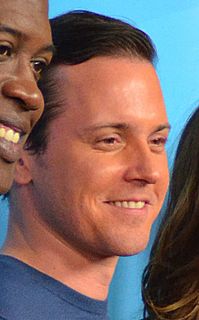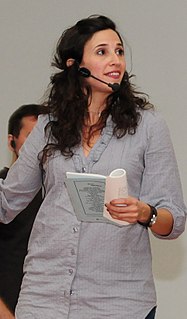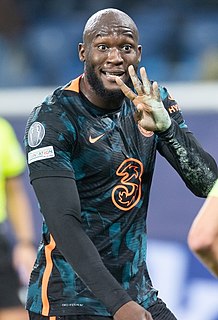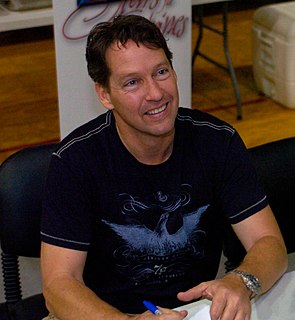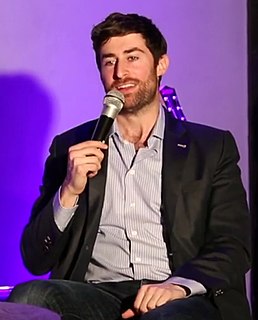A Quote by Michael Mosley
The first heart you win over is that casting director. In first meetings, they'll be the ones who see your pitch for the character. And then as you get further up, they'll be the ones reading with you in front of the network.
Related Quotes
A good director creates a playground for actors, and lets them go. The trick for a good director is in casting properly, and creating the playroom, and then they'll get stuff that they don't expect, and can't even direct. All the audience wants to believe is that whatever is happening, it is happening for the first time. They want to see the people within the work exchanging dialogue and action in that moment. There are not a lot of actors that can do that.
I'm a musician, and I'm fascinated with the effects of sound, and tone, and pitch and melody and all that sort of stuff. It's the first thing I have to solidify whenever...I get into a character. The first thing I need to get sorted out before I can then move forward, before I can feel any confidence whatsoever, is the voice.
Your only guidepost is your own instinct and judicious editing. In my stand-up act I learned that in the first 10 minutes I could say anything and it would get a laugh. Then I'd better deliver. In the movie it's the same thing. You get a lot of laughs when people first sit down and then the story better kick in. Many years in front of an audience, I would hope, give me a sense of what works.
When you're in the middle of it, when you're a kid growing up, you don't think, 'This is my first heartbreak.' You just think, 'My heart is broken.' But then as a parent, you look back, and you see your child go through his or her first heartbreak, and you're realizing, 'Oh my God, this is her first heartbreak.'
In novels you're able to occupy character's internal thoughts and it's really hard to do in a film or a TV show. When you're reading a character's thoughts or when it's in first person, you're reading kind of their own story, so you have the opportunity to see what makes that character complex or complicated. And to me that's what the whole point of fiction is.
